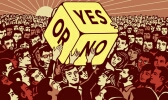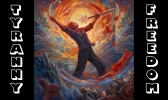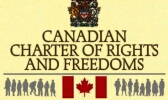It was President Trump who called them the “Deep State,” that “fourth branch of government,” which acts in secret, furthering its own aims, led by the Neo-Cons and attached by the hip to the CIA and other alphabet agencies. President Eisenhower warned us about them. To him, they were the “Military-Industrial Complex.” However, it was under President Harry S. Truman, Eisenhower’s predecessor, that the Deep State was conceived, as our guest Professor Salim Mansur of Western University in London, Ontario, states.
“Ukraine, the most corrupt country in the world, is a laundromat for the Military-Industrial Complex in America. How did this happen? It didn’t happen overnight. The derailment began with a decision by Truman.”
In an article titled “Revisiting Hiroshima and Nagasaki: the path not taken,” published on Salim’s Substack (salimmansur.substack.com), he clearly lays out the argument that Truman’s decision to use the atomic bomb on Hiroshima on August 6th, 1945, and keeping his ally, the Soviet Union, in the dark about it, set into motion diplomatic actions that resulted in the Cold War and the animosity which America still feels towards Russia 78 years later. It is an irrational hatred which has led to the current proxy war in Ukraine. A war, it should be mentioned, where more Ukrainian soldiers have died in the past year and a half than all of the American servicemen who died in both theaters of WWII.
Join Salim and Robert for a fascinating look at the history of the birth of Deep State and the Forever Wars of the United States.
This video is also available on YouTube and BitChute and Odysee.
Your contributions are greatly appreciated and are what makes our programming possible:
🧡 PayPal





